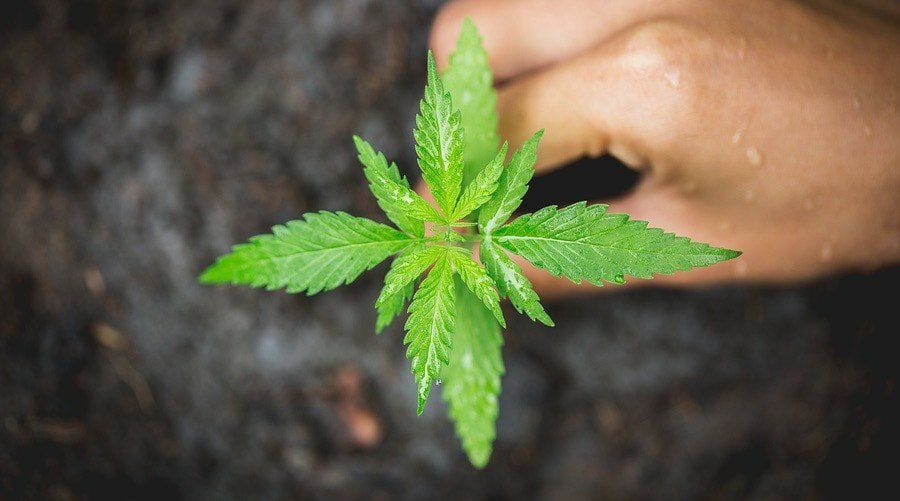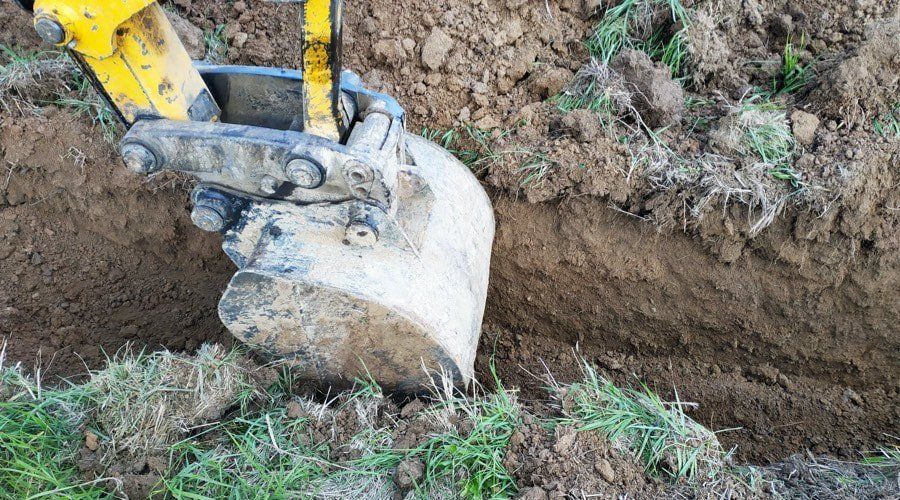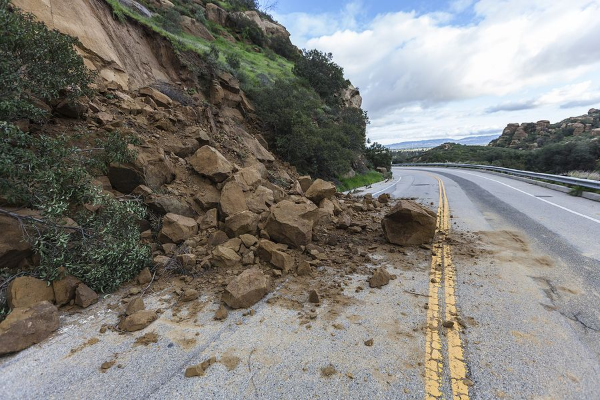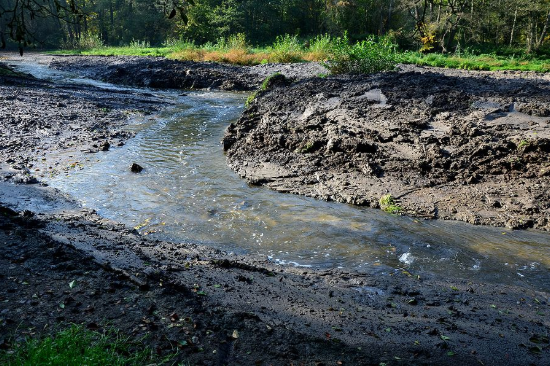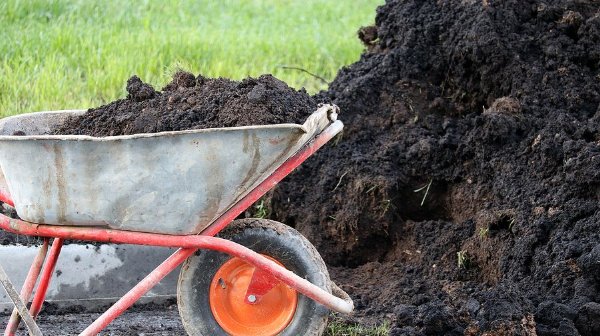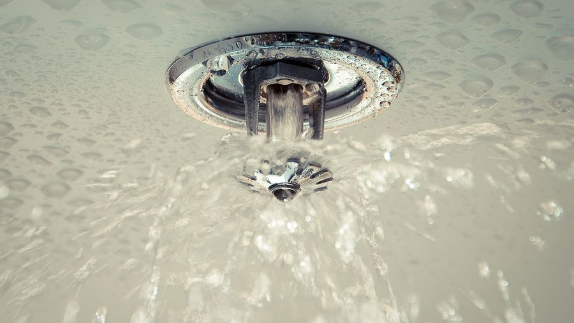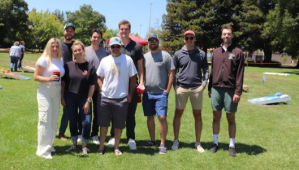Water Source Considerations For Commercial Cannabis Cultivation
When you think of commercial cannabis one of the first important things to consider, is how the cannabis plants will be watered. This can be one of the most important factors to consider when beginning your commercial cannabis operation. Most cultivators may believe that they have water rights to a waterway on their property or they plan on using a natural spring that they have always used, however, this may no longer be the case. There are four types of water sources that you may consider for your cannabis cultivation project. Those four sources are municipal water, recycled water, surface water, and groundwater. Read on for details of these sources.
Municipal Water:
This water source is typically referred to as “Tap Water.” This is treated water that is supplied to households and businesses using underground pipes. This water typically comes from large wells, lakes, rivers, or reservoirs and is then processed at treatment plants to meet EPA standards prior to being delivered to the customer. A municipal water supplier is defined in the California Water Code Section 13575. If this type of water is intended to be used for commercial cannabis cultivation, the applicant shall provide documentation from the municipal water source stating that adequate supplies are available to serve the proposed use and will be provided by the municipality.
Recycled Water:
A common source for recycled wastewater is typically from a municipal recycled water supply and is usually for non-potable uses only. Other forms of recycled water are captured rainwater from buildings or other impervious surfaces for irrigation, and gray water recycling typically used for landscape irrigation. If municipal recycled water is an option in your area, call your local municipal water supply company to find out more information regarding cost and possible supply. Rain water capture is a good way to augment your water supply or can be used to recharge onsite ponds or reservoirs. If your project is located in an area of limited water sources, constructing an onsite pond or reservoir is an option to store storm water to be used during the summer months. If you have any questions regarding stormwater storage contact us here at BC Engineering Group and we can help you figure out the best reservoir location and other potential water storage options to keep your cannabis cultivation dream alive. Remember that when choosing to use a recycled water source you must also provide an adequate on-site potable water supply for employees and other uses.
Surface Water:
The water that flows in rivers, lakes, and reservoirs is called “surface water.” This water source can be a natural spring or any type of surface water flow. One common practice in cannabis cultivation is diverting surface water to an artificial pond for storage, and proper permits are required for this type of diversion. In order to use surface water, you will need an existing legal water right and, if applicable, a Streambed Alteration Agreement issued by the California Department of Fish and Wildlife among other entitlements. Be aware there is a forbearance period on surface water diversion. This means you may only be permitted to divert water during the wet season. In order for this water source to supply enough water during the cultivation season, projects typically need to design an onsite reservoir to store sufficient water for growing months. This process will likely entail having a grading permit for the earth movement and having the reservoir designed by a licensed professional, such as BC Engineering Group.
Groundwater Well:
In the rural parts of California, groundwater can be the most common type of water source. This is a great source of water for cultivation as well as an on-site water supply for employees and other uses. If you find yourself in need of a new water source, drilling a groundwater well can be a very cost-effective option as long as there is groundwater available at your site. Make sure to check with your governing agencies to ensure there are no restrictions on groundwater. Some local agencies will have regulations governing groundwater within specific availability zones and high or medium priority basins. If this is the case, there can be such regulations as no net increase in water use or a hydro-geologic report showing adequate water supply from a well. These types of regulations can remove groundwater as a possible water source for cultivation. There are other options such as trucking in recycled water or building a reservoir if your site permits.
If you want help figuring out if Commercial Cannabis is a possibility for your property, please call us as we are here to help!
Planning your Cannabis Cultivation Project
The BC Engineering Group staff has submitted numerous commercial cannabis cultivation applications and can walk you through every step of the Cannabis permitting process. As a leading civil engineering design firm, feel free to reach out to us with any questions you may have regarding cannabis cultivation. Take advantage of our experience and contact us today to design your on-site reservoir or for any other cannabis water source needs you may have, we are here to help.
For more information on cannabis cultivation permitting and other land planning services, please contact us at 707-542-4321, or find us on Facebook and LinkedIn. You can also stay up to date with civil engineering and land planning issues by subscribing to our blog.

